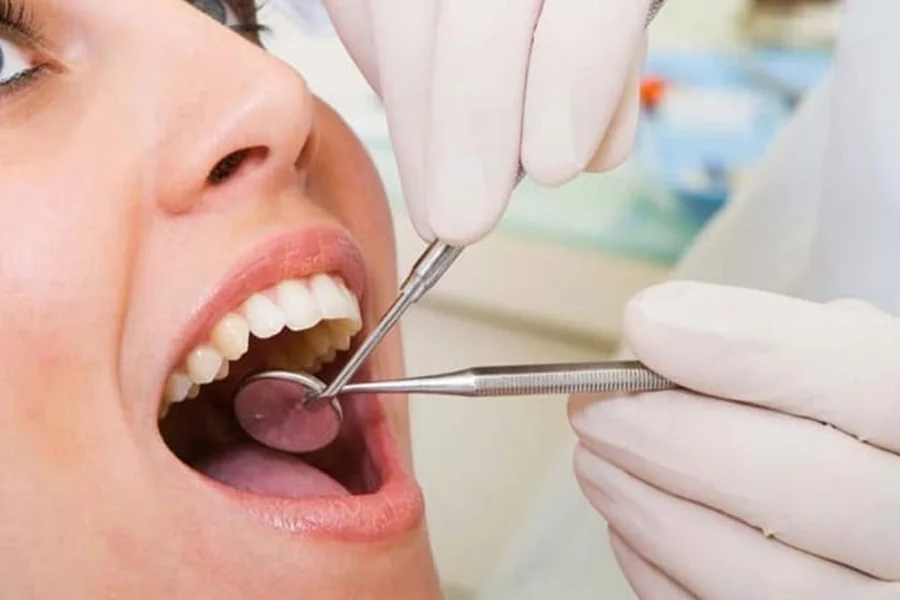Why Oral Health Matters Beyond Service
Oral care is often neglected after military service, yet it significantly affects quality of life. Transitioning from regimented military routines to more flexible civilian life usually means important preventive routines—like brushing, flossing, and scheduling dentist visits—can become deprioritized. Yet, the consequences go far beyond aesthetics. The Centers for Disease Control and Prevention notes that untreated oral health issues, including gum disease and tooth decay, are directly tied to increases in chronic illnesses such as diabetes, respiratory infections, and even heart disease. As dental pain and oral infections can make eating, speaking, and socializing difficult, establishing a dental care routine soon after transitioning out of service is more than just a matter of appearance—it’s a key factor in maintaining independence and well-being.
Transitioning to Civilian Dental Care
For many veterans, the move from military health services to civilian healthcare can be complicated, particularly regarding dental care. Military health insurance may provide comprehensive healthcare during active service, but dental coverage options shrink after separation, and confusion can arise. Only a small percentage of veterans qualify for free care based on service-connected disabilities or other specific qualifications. Because of this gap, many must navigate new programs and third-party dental providers for continued care. One such option is VA dental, helping eligible veterans, and sometimes their family members, find more affordable access to basic and advanced dental services. Understanding how to qualify, enroll, and maximize these resources can dramatically improve dental health outcomes after service.
Unique Challenges for Veterans
Life in the military is unique, and so are the oral health challenges it can create. Constant deployments, high-stress environments, long shifts, and sometimes suboptimal hygiene facilities can lead to postponed or skipped dental appointments. This contributes to a greater risk for dental emergencies; for example, untreated decay or broken teeth during deployment might go unresolved. Furthermore, research points to higher rates of tobacco use among service members and veterans, which is a significant risk factor for oral cancer and gum disease. Reports show that veterans worldwide face disproportionately high rates of oral health problems linked to smoking, dietary changes during deployment, and limited routine care access. Even after returning home, these patterns can persist if not proactively addressed.
Practical Steps for Maintaining Oral Health
- Brush twice daily with fluoride toothpaste to prevent cavities and strengthen enamel.
- Floss once daily to clear debris between teeth and reduce the risk of gum disease.
- Limit sugary snacks and drinks, opting for water and high-fiber foods to support oral and overall health.
- Keep regular dental appointments, aiming for check-ups and cleanings at least once a year, ideally every six months. In between visits, consider supporting your oral health with daily supplements available at Amazon.com to help maintain a balanced oral microbiome.
- If you use tobacco, seek out cessation support; quitting significantly reduces oral cancer and gum disease risk.
Adapting healthy habits into a daily routine can transform oral health outcomes for veterans. For many, pairing these practical steps with the discipline honed during active duty makes maintaining oral hygiene more accessible and valuable. Start simple and build gradually—every small, consistent effort adds to healthier teeth and gums over time.
Long-Term Benefits of Good Oral Habits
Keeping teeth and gums healthy does more than prevent toothaches—it supports every aspect of a veteran’s post-service life. Long-term oral health helps avoid the pain and high cost of dental crises, preserves speech and eating abilities, and strengthens confidence in work and social settings. Emerging research suggests that regular dental care can also reduce the risk of serious illnesses like pneumonia, cardiovascular disease, and diabetes complications, highlighting how interconnected the body is. Good oral health can also boost self-esteem, making smiling and connecting with others easier and supporting mental and physical well-being. When veterans prioritize oral health, they set themselves up for immediate comfort and future resilience.
Finding Solutions and Support
Navigating civilian healthcare can be challenging, but no veteran has to do it alone. Local veteran support groups, community dental clinics, and nonprofit organizations routinely offer help—sometimes through care packages with oral hygiene supplies and other times through hands-on treatment and educational resources. Leverage educational workshops, connect at community events, and don’t hesitate to ask for referrals to friendly dental providers who understand veterans’ unique situations. For those aiming to establish or reestablish positive habits, these networks support and empower veterans to take control of their health journey—one step and one smile at a time.
Moving Forward Holistically
The discipline, determination, and adaptability built during military service extend to managing post-service health. Embracing daily dental care as a cornerstone of whole-person wellness is a powerful way to invest in today and tomorrow. Recent medical research emphasizes that oral health influences everything from chronic disease risk to overall quality of life. By nurturing consistent habits, tapping into community resources, and taking advantage of the broader landscape of legislative change, veterans can ensure their smiles are as resilient as the rest. Prioritizing oral health is more than just a routine—it’s a simple but meaningful way to honor years of dedicated service and build a future filled with confidence, comfort, and opportunity.



